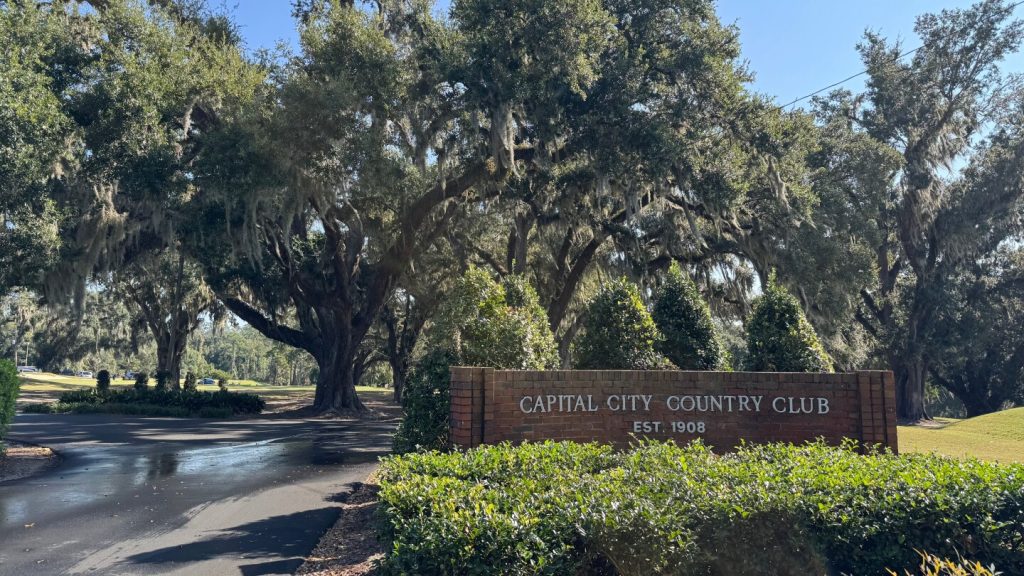TALLAHASSEE, Fla. (AP) — A painful chapter from Tallahassee’s past is surfacing as the community grapples with its history of segregation, prompting calls for public acknowledgment. Beneath the manicured lawns and spreading live oaks of the Capital City Country Club lies the forgotten burial grounds of enslaved people who once lived on the cotton plantation that occupied the area.
The evidence of Florida’s slave-holding history is evident within one of Tallahassee’s prime neighborhoods, where archaeologists from the National Park Service have identified 23 unmarked graves and 14 potential burial sites near the golf course’s 7th hole.
“We know they were enslaved. But who were they?” asked Tifany Hill, a resident whose family manages a historic Black cemetery dating back to the 1800s. Although plans for a commemorative site to honor the graves were approved by the Tallahassee City Commission over four years ago, no memorial has been established. Now, city officials are considering selling the land to the country club, which has been paying just $1 per year in rent for nearly 70 years.
This lease, in effect since 1956 when the club transitioned to private ownership, allowed it to evade a Supreme Court ruling that outlawed segregation in public parks. Notably, one of the club’s past members was a judge whose nomination to the Supreme Court failed due to allegations he aided in privatizing the club to avoid integration.
In response to the country club’s recent offer, the city proposed selling the 178-acre golf course for $1.25 million, stipulating that it remains an 18-hole course while allowing public access to a planned memorial for the burial site. However, after community opposition arose at a recent city meeting, the commission decided to delay the sale proposal for further discussion.
Local activist Delaitre Hollinger, whose ancestors were enslaved in Leon County, expressed outrage at the potential sale, linking it to the historical selling of enslaved individuals. “They were sold on the auction blocks of Leon County, and now we are willing to sell them again,” he lamented. In a region once dominated by plantations, there are only a handful of identified slave burial sites.
Kathleen Powers Conti, a history professor at Florida State University, criticized the city’s lack of action to identify those buried on the site, urging the city officials to actively seek out the descendants of these individuals. As advocates like Hill fight for recognition, they stress the importance of honoring the memory of those whose dignity was denied both in life and death. “It’s our history,” Hill emphasized. “It could be my ancestor that’s in there.”



